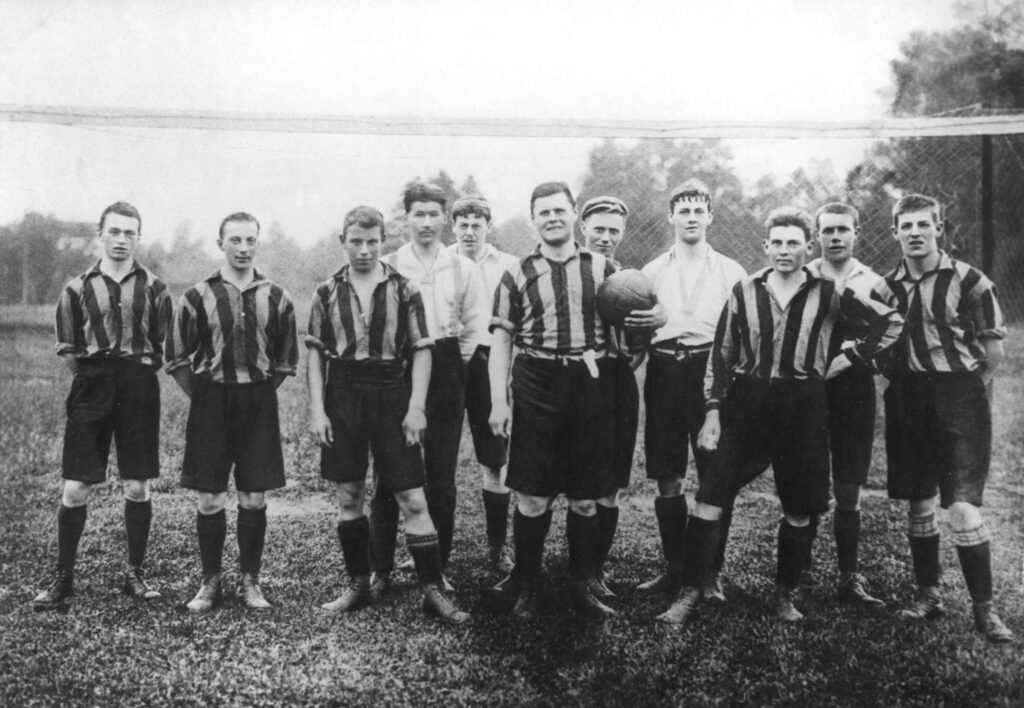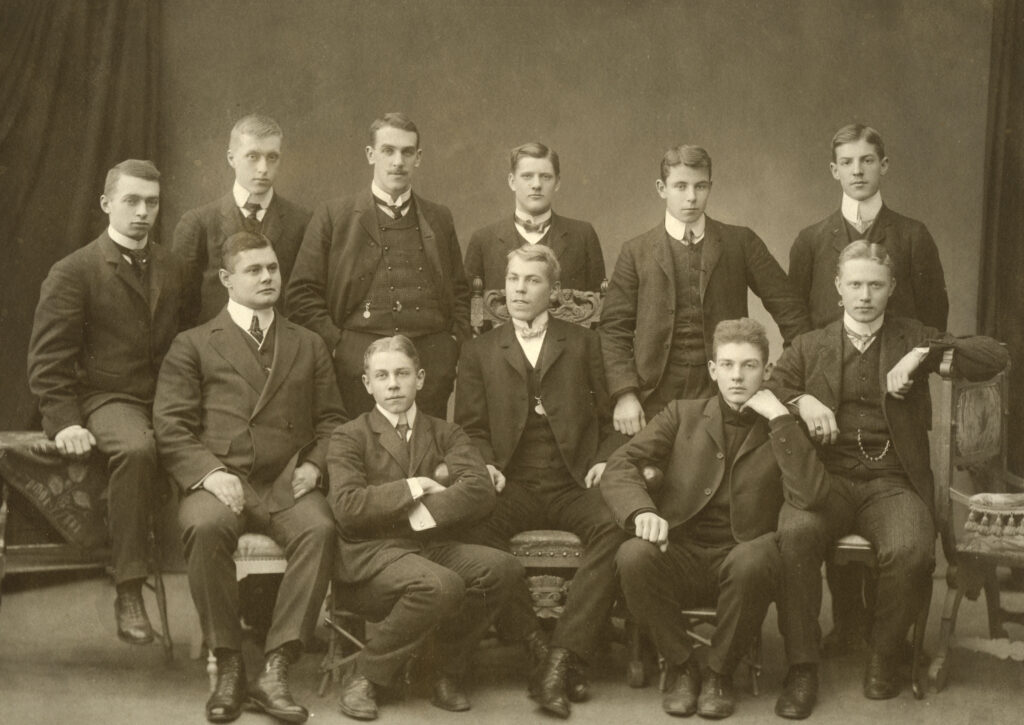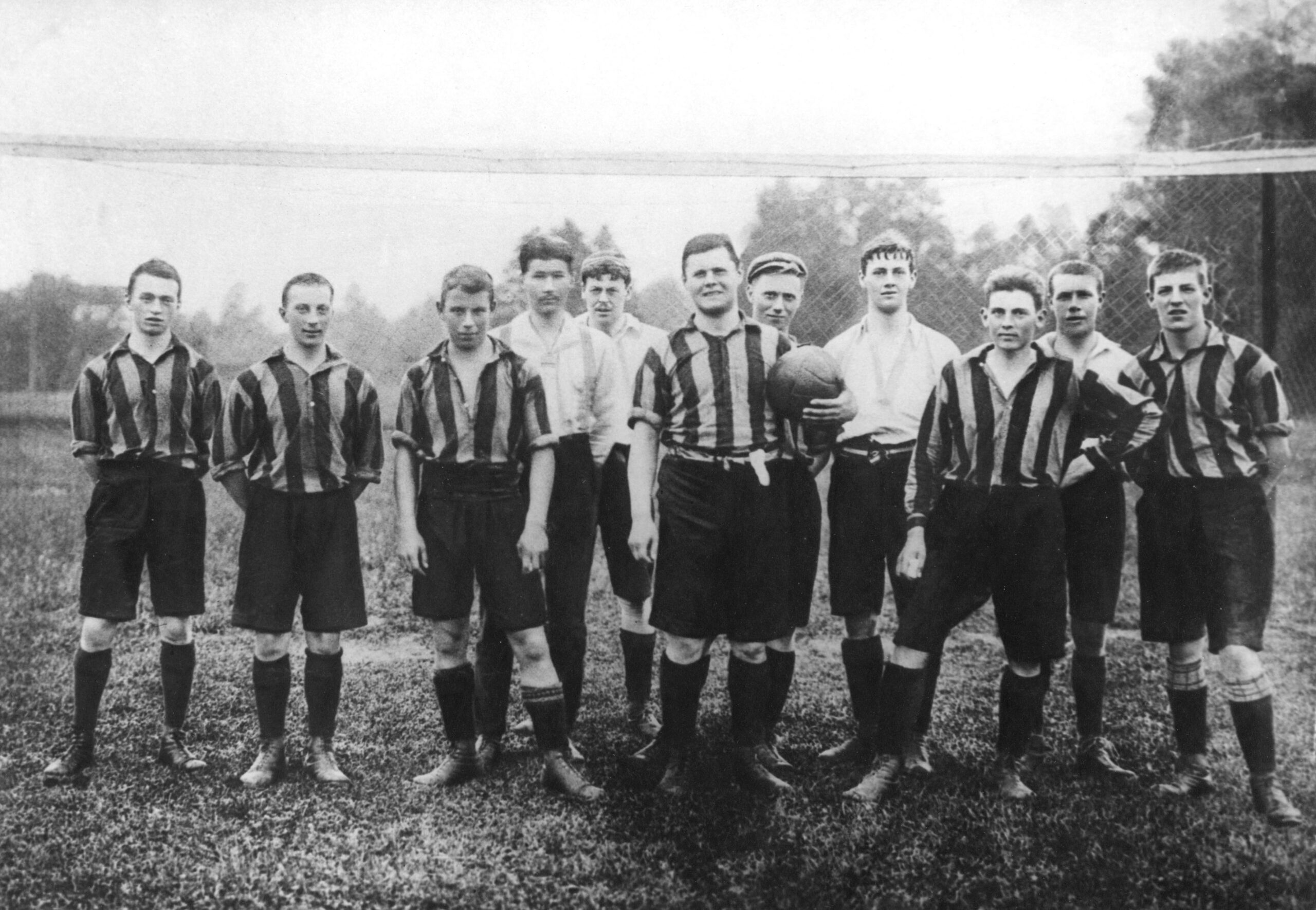Johannes Blenner, who moved from Denmark to Finland in 1904, was a strong figure in the early years of Finnish football. Having played football both in his home country and England, Blenner was a versatile athlete; he had also been a professional cyclist. In the spring of 1906, Blenner founded a football section for the sports club Unitas in Helsinki. He served as the team’s financier, captain, and a fearsome, tough defender. As a referee, his authority was unquestionable, but his decisions were often controversial.


Blenner was a key figure when Unitas organized Finland’s first football tournament and the first international matches against a team from St. Petersburg in 1906. The following year, he was involved in founding the Finnish Football Association. In the first Finnish Championship tournament held in 1908, Blenner served as the referee, including in the final match where Unitas defeated the Polytechnicians’ Sports Club 4–1.


After turning 30 in 1909, Johannes Blenner left the playing field to younger players and focused on his business as a jewelry merchant. Later, he became a brick manufacturer and the master of Jokela manor in Tuusula.
Under Blenner’s ownership from 1917 to 1934, Jokela manor developed into a lively local cultural center with warm and close connections to the famous artist community of Tuusulanjärvi. These relationships were particularly nurtured by Blenner’s wife: solo harpist and harp teacher Lilly Kajanus-Blenner – the daughter of Robert Kajanus, the founder and conductor of the Helsinki City Orchestra.


